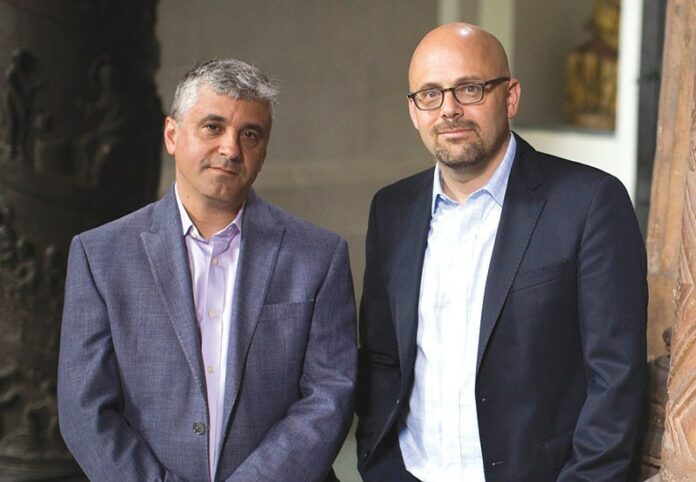If the old saying is true, then those who fail to learn from history are doomed to repeat it.
Occidental native and Harvard professor of government Daniel Ziblatt knows his history, and he has made a career of studying political systems around the world. He is an expert in how political democracies form and how they fail, and offers a stark history lesson in his bestselling book How Democracies Die, co-authored with fellow Harvard professor Steven Levitsky.
Ziblatt returns to his hometown May 18 to give a reading and talk about his book at the Occidental Center for the Arts.
Ziblatt began examining politics while attending a German boarding school as part of a high school exchange program in 1990. “This was the year of German unification,” Ziblatt says. “That was an exciting year to be in Germany, after the fall of the Berlin Wall.”
In college, Ziblatt studied German history, literature and European politics. As a professor at Harvard, Ziblatt specializes in those subjects with an emphasis on democratization and state building. He has authored two books on the topic, 2006’s Structuring the State and 2017’s Conservative Parties and the Birth of Democracy.
While Ziblatt was examining Europe, How Democracies Die co-author Levitsky studied Latin American politics. The two have previously co-instructed classes on democratic crises around the world, though never on the U.S.
“During the primary season of the [2016 presidential] election, we started talking about U.S. politics and how we were seeing echoes of things we had studied in other countries,” Ziblatt says.
Candidate Donald Trump threatened to lock up his rival, called the press the enemy of the people and accused the government of rigging elections.
“[Democracies] don’t die the way they used to,” says Ziblatt. “They used to die through military coups, men with guns.”
Since the collapse of communism in the 20th century, Ziblatt says that democracies have begun to die at the ballot box, with presidents and prime ministers being elected to office and then dismantling democracy from within.
“We started to realize there were some useful lessons to be learned,” says Ziblatt. “Just having elections is no guarantee of democracy.”
For those discouraged by the polarized political atmosphere, Ziblatt and Levitsky offer steps that both Republicans and Democrats can take to save our democracy.
“As much as we disagree with or are frightened by our political opponent, it’s important to continue to abide by and act in a way that reinforces democratic norms,” Ziblatt says.









